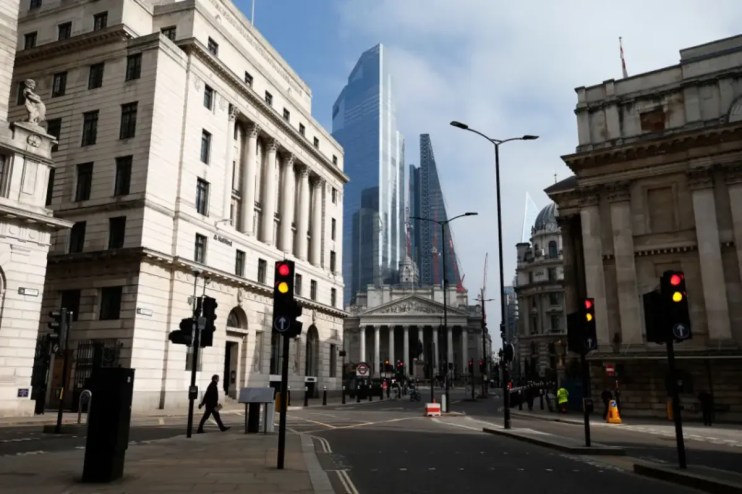
UK asset managers are bracing for their quarterly results as the fund houses suffer double-digit drops in their share prices since Trump’s tariff regime caused markets to dive.
While most UK asset managers have suffered a persistent trend of investors pulling money in favour of low-cost index funds, the firms have been able to rely on market performance to keep asset levels stable.
Now, the worst has come for the firms, with investors withdrawals continuing strong as markets crash from president Donald Trump’s roll-out of sweeping tariffs.
Around half of the listed asset managers in the UK have reported quarterly updates in recent days, and results have not been pretty.
Losses on the market have ranged from £250m for Premier Miton, to £702m for Liontrust, and a whopping £2.3bn for Polar Capital.
In addition, these figures also often run just to 31 March, and so fail to include the worst effects of Trump’s tariffs on the markets, as they were unveiled on 2 April.
Next week, Quilter, St James’s Place, AJ Bell, and Jupiter are all set to reveal their first quarter figures, while Schroders will report them the week after.
Deutsche Bank is forecasting that Schroders will have lost £12.6bn from market performance and Aberdeen will have lost £6.4bn, cutting share price targets for both firms.
Asset managers have been quickly re-rated by markets since Trump announced he would be hiking import taxes, sending share prices plummeting.
In a research note, RBC Capital Markets analysts said it was “unsurprising” that asset managers had seen their shares drop the most among all financial services firms.
This is because management fee revenues largely depend on strong performance in equity markets, and while markets (and therefore fees) can drop rapidly, fixed costs can’t.
“Investor sentiment is likely to have taken a further setback, resulting in a weakening of net flows for at least the second quarter of 2025,” said the RBC analysts.
“Clearly, the asset managers with higher equity assets under management are most likely to see negative earnings revisions.”
For asset managers who do not invest heavily in the stock market, such as those that focus on property or private equity, RBC did say there would be no immediate impact on their profits.
“However, higher uncertainty will likely result in a further drying up of realisation opportunities, resulting in a lower return of capital to limited partners, with negative knock-on effects to fundraising,” the analysts added.








